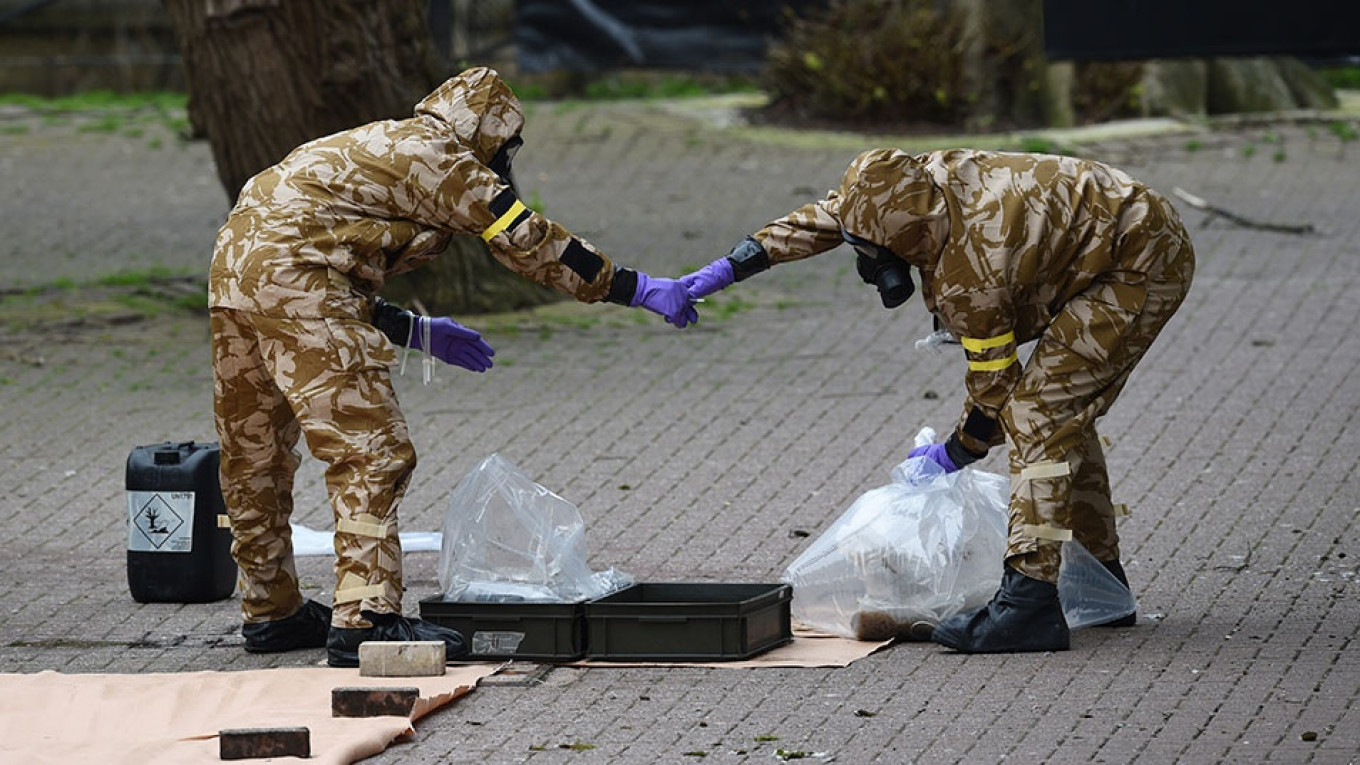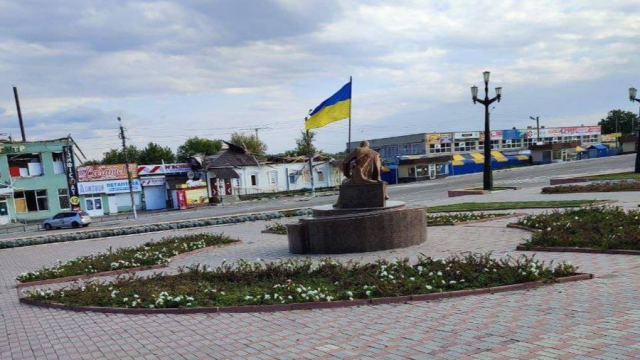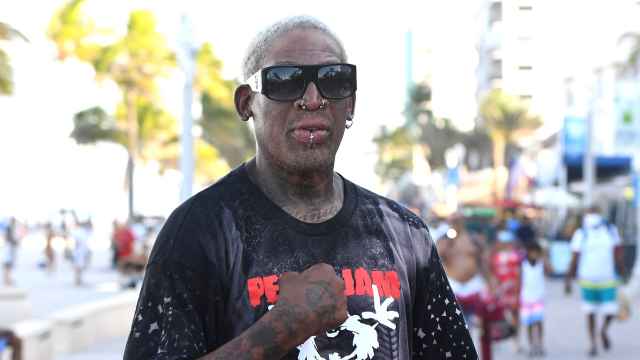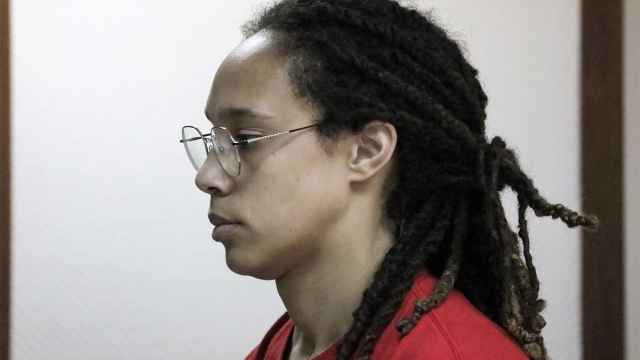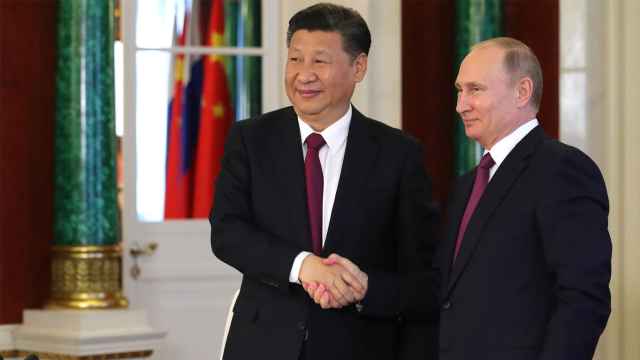The United States has said Russia would be able to avoid a second, more punishing round of sanctions over the nerve-agent attack in Britain if it allows chemical weapons inspections.
The U.S. sided with the U.K. last month in concluding that Moscow had used a nerve agent against a former Russian agent and his daughter in Britain in March. The first set of American sanctions terminating foreign assistance and some arms sales and financing to Russia, as well as denying the country credit and prohibiting the export of security-sensitive goods and technology, took effect on Aug. 27.
On Thursday, U.S. Assistant Secretary of State Manisha Singh told a congressional hearing that Washington would adhere to its August pledge to impose "very severe" sanctions on Russia if it does not meet a November deadline to comply with international chemical weapons law.
“We have indicated to them that they can make themselves not subject to these sanctions if they allow the on-site inspections, if they will give us verifiable assurance that they will not use these nerve agents against their own people again,” Singh said.
Singh also said that Trump administration sanctions have imposed substantial costs on Russia and deter "nefarious activities." She estimated they have cost the Russian government "tens of billions of dollars."
Russia has called U.S. inspection demands “hypocritical.”
The Kremlin has maintained that all of its chemical weapons were destroyed last year, and criticized the U.S. for failing to decommission its chemical stockpile.
Members of Congress have complained President Donald Trump is too slow to impose penalties on Russia as he emphasizes improving relations with President Vladimir Putin.
Sanctions are required under the 1991 Chemical and Biological Weapons Control and Warfare Elimination Act, which requires penalties on countries that use chemical weapons in violation of international law.
The two Russians accused by the U.K. of carrying out the March 4 attack appeared on Russian state television on Thursday to assert they were just tourists eager to see an ancient English cathedral.
Britain has charged the two men with attempting to murder former Russian spy Sergei Skripal and his daughter Yulia by spraying a chemical weapon on Skripal's door.
Britain and dozens of other countries have kicked out scores of Russian diplomats over the incident, and Moscow has responded tit-for-tat in the biggest East-West wave of expulsions since the Cold War.
Reuters and Bloomberg contributed reporting.
A Message from The Moscow Times:
Dear readers,
We are facing unprecedented challenges. Russia's Prosecutor General's Office has designated The Moscow Times as an "undesirable" organization, criminalizing our work and putting our staff at risk of prosecution. This follows our earlier unjust labeling as a "foreign agent."
These actions are direct attempts to silence independent journalism in Russia. The authorities claim our work "discredits the decisions of the Russian leadership." We see things differently: we strive to provide accurate, unbiased reporting on Russia.
We, the journalists of The Moscow Times, refuse to be silenced. But to continue our work, we need your help.
Your support, no matter how small, makes a world of difference. If you can, please support us monthly starting from just $2. It's quick to set up, and every contribution makes a significant impact.
By supporting The Moscow Times, you're defending open, independent journalism in the face of repression. Thank you for standing with us.
Remind me later.


